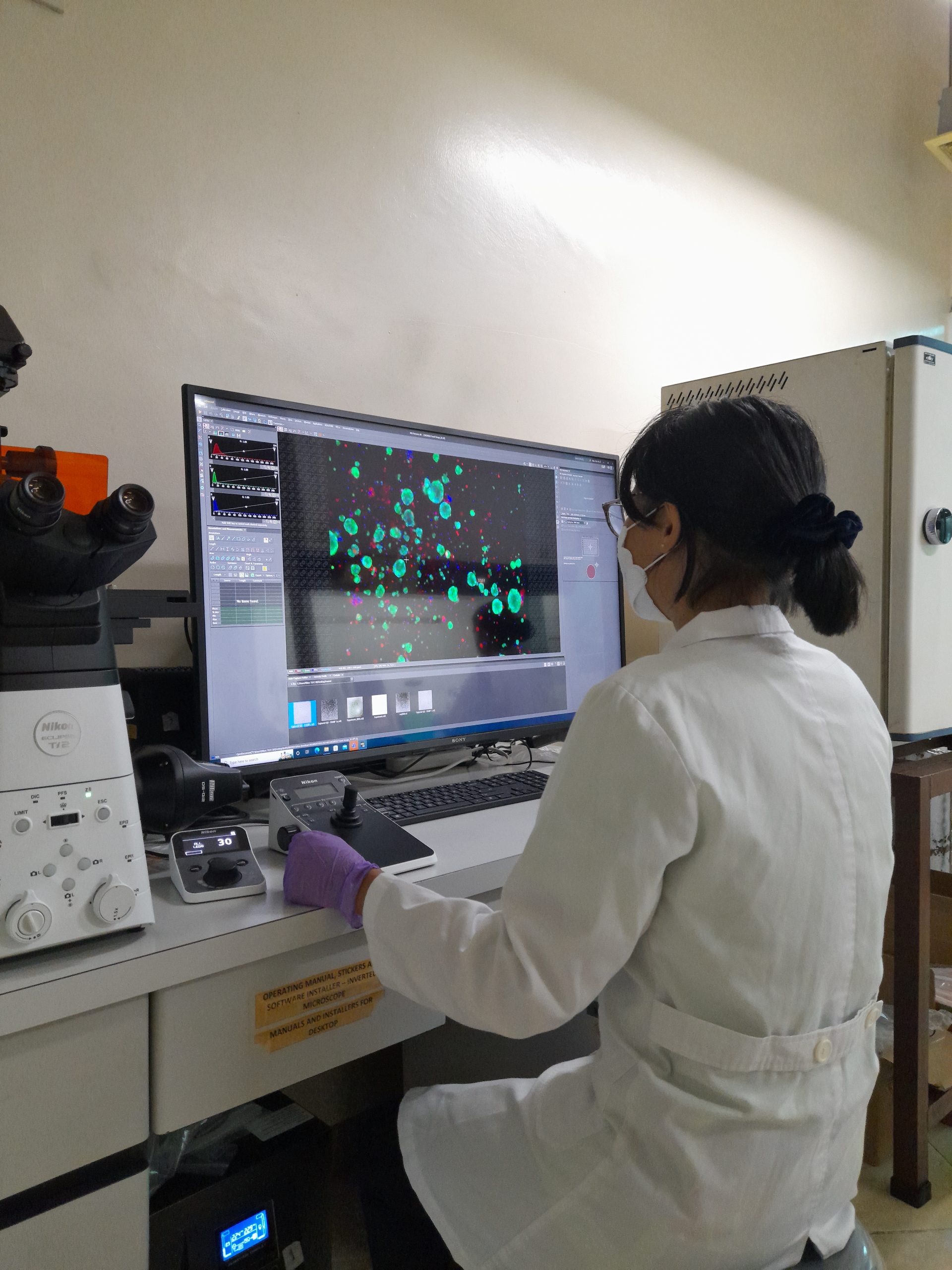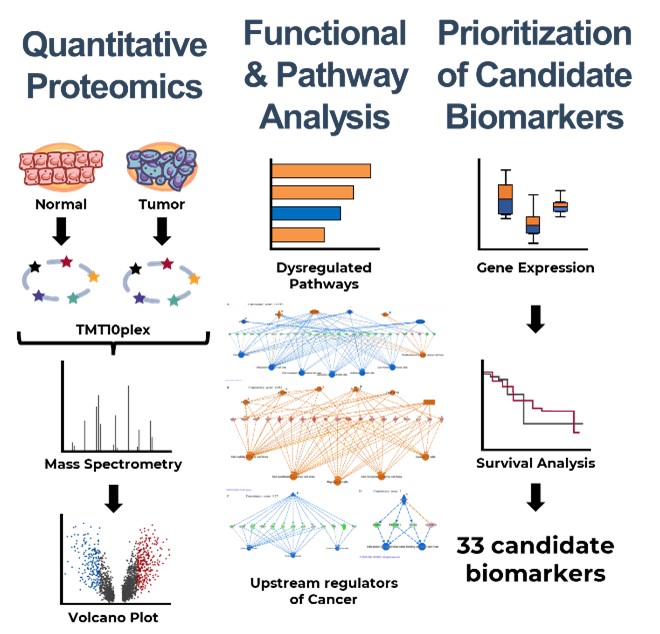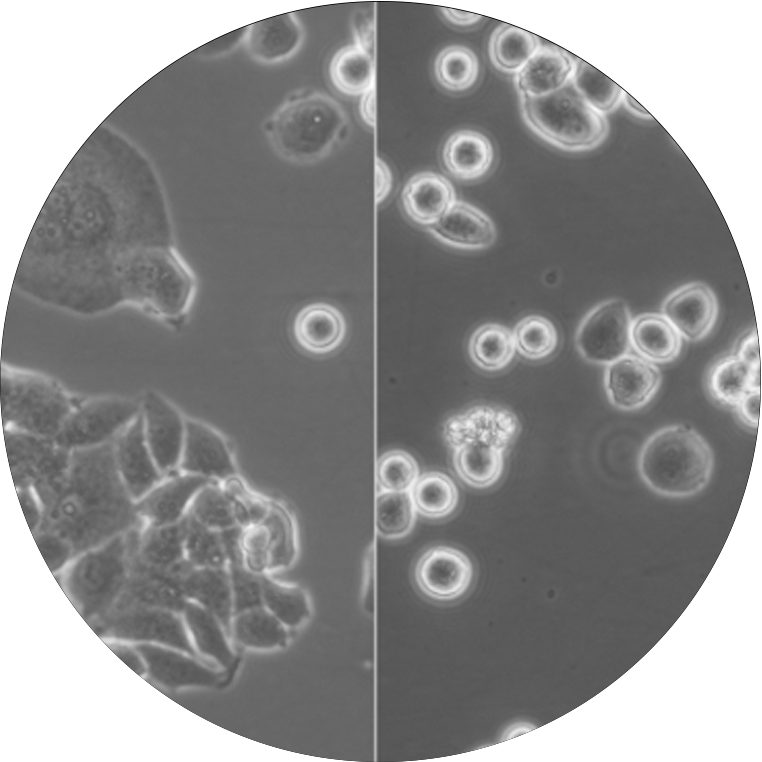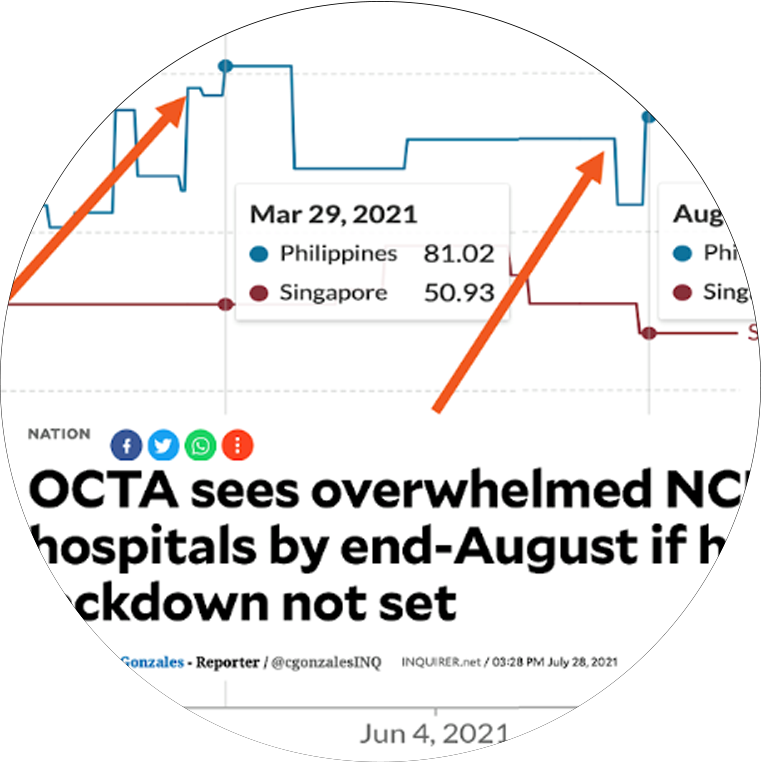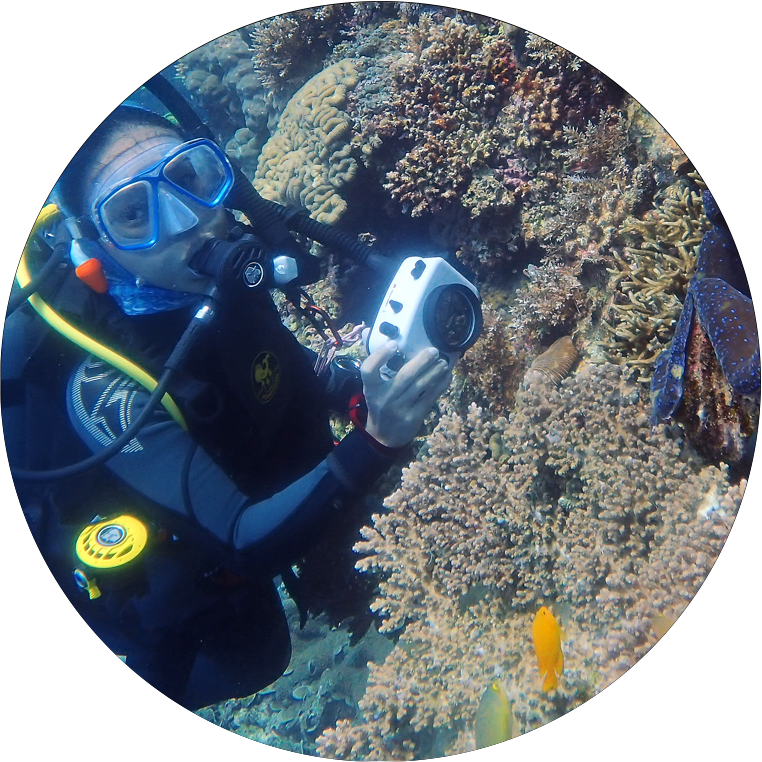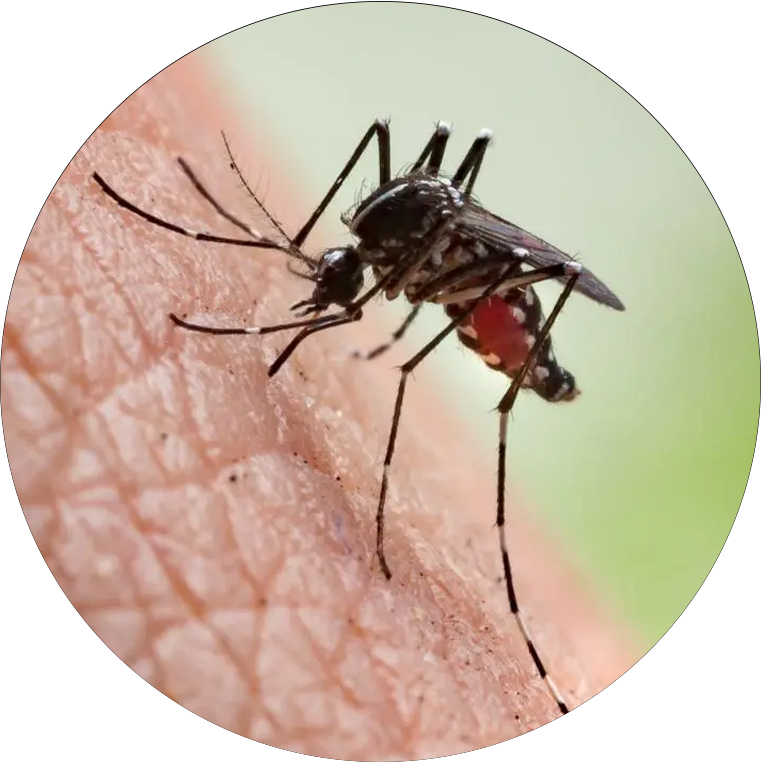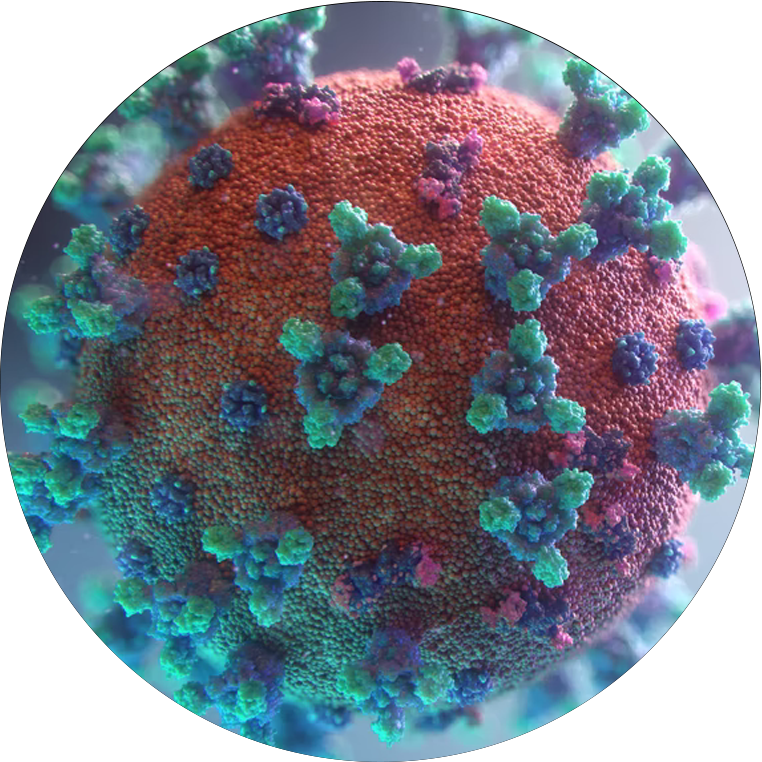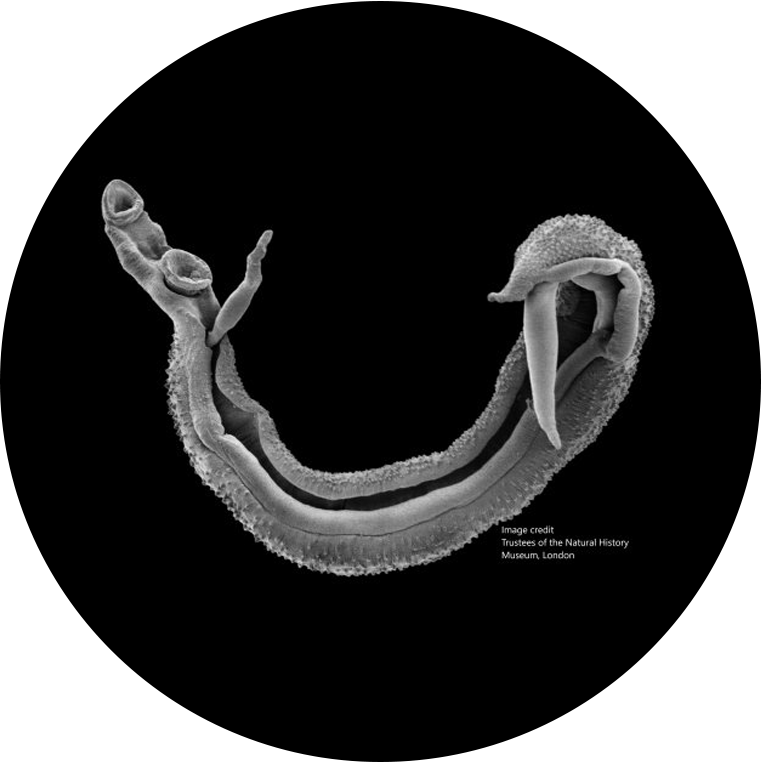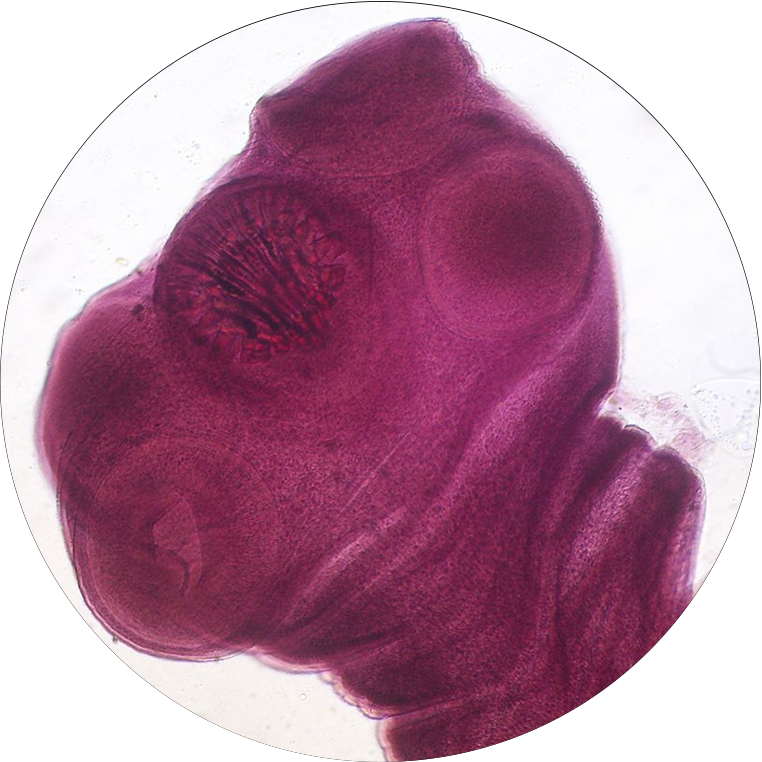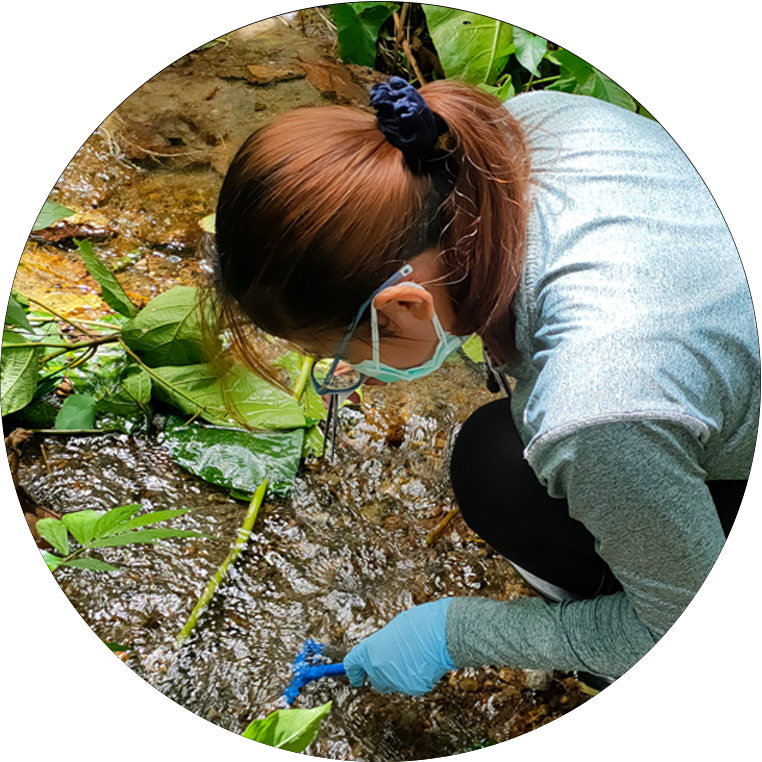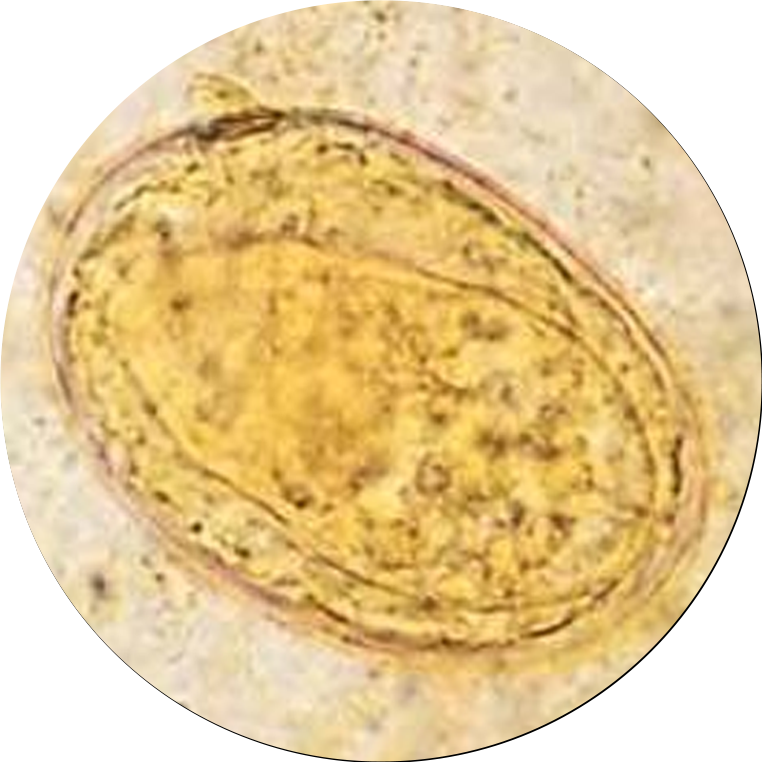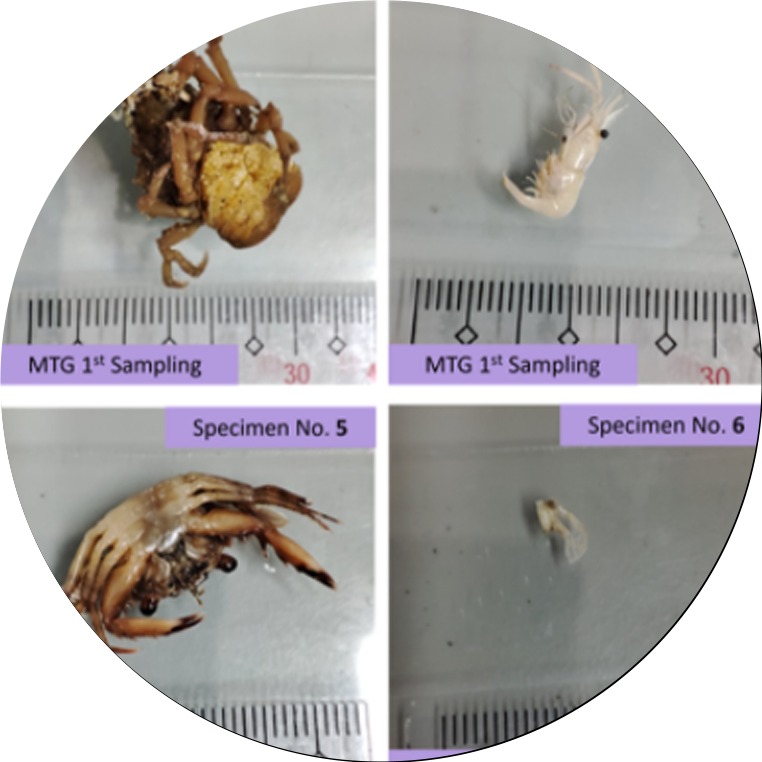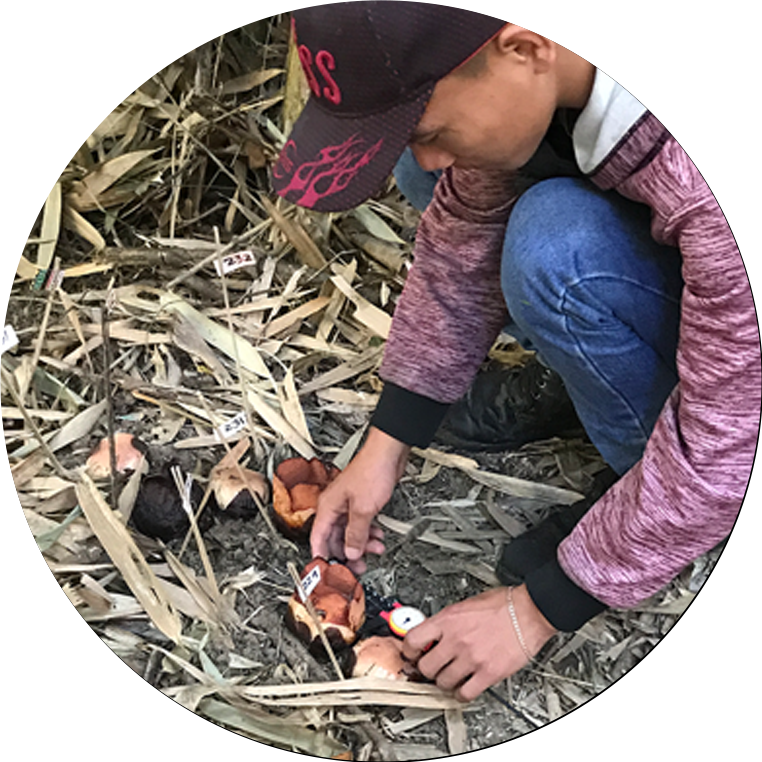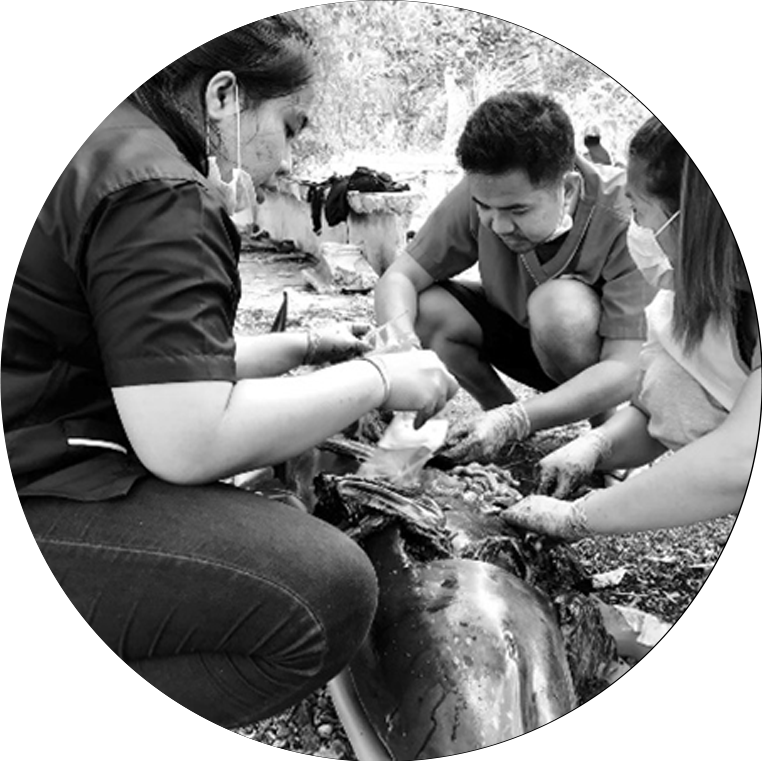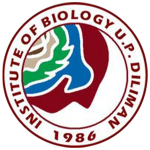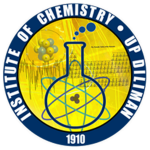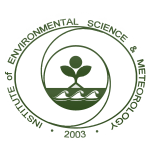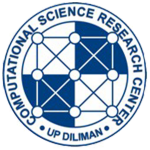SCIENCE – University of the Philippines Diliman


FEATURED NEWS
In the Philippines, breast cancer is the most common type of cancer among women, with over 33,000 new cases reported in 2022. That year, it claimed more than 11,000 lives, making it the second leading cause of cancer-related mortality in the country, following lung cancer.
Submarine groundwater discharge (SGD) is a process in which groundwater from land seeps into the ocean, transporting freshwater, nutrients, metals, and even pollutants into marine ecosystems. The diverse microbial communities in these SGD sites make them hotspots for biological and chemical activity, playing a crucial role in maintaining ecosystem balance. Studying these microorganisms helps scientists not only understand their impact on marine ecosystems, but also explore their potential applications in medicine and biotechnology.
According to the International Agency for Research on Cancer, lung cancer is the leading cause of cancer-related deaths worldwide, with nearly 2 million deaths. In the Philippines in 2022, it recorded 23,728 new cases—making it the second most common cancer after breast cancer—and caused 20,953 deaths, the highest among all cancer types. Non-small cell lung carcinoma (NSCLC) is the most common type of lung cancer, accounting for more than 80% of cases. Experts say that late diagnosis and challenges in treating late-stage cases are the main factors affecting the cancer mortality rate, including NSCLC.
In the Philippines, breast cancer is the most common type of cancer among women, with over 33,000 new cases reported in 2022. That year, it claimed more than 11,000 lives, making it the second leading cause of cancer-related mortality in the country, following lung cancer.
Submarine groundwater discharge (SGD) is a process in which groundwater from land seeps into the ocean, transporting freshwater, nutrients, metals, and even pollutants into marine ecosystems. The diverse microbial communities in these SGD sites make them hotspots for biological and chemical activity, playing a crucial role in maintaining ecosystem balance. Studying these microorganisms helps scientists not only understand their impact on marine ecosystems, but also explore their potential applications in medicine and biotechnology.
According to the International Agency for Research on Cancer, lung cancer is the leading cause of cancer-related deaths worldwide, with nearly 2 million deaths. In the Philippines in 2022, it recorded 23,728 new cases—making it the second most common cancer after breast cancer—and caused 20,953 deaths, the highest among all cancer types. Non-small cell lung carcinoma (NSCLC) is the most common type of lung cancer, accounting for more than 80% of cases. Experts say that late diagnosis and challenges in treating late-stage cases are the main factors affecting the cancer mortality rate, including NSCLC.
CS DRIVE
Database of Researches, Innovations, Ventures, and Extension Projects

